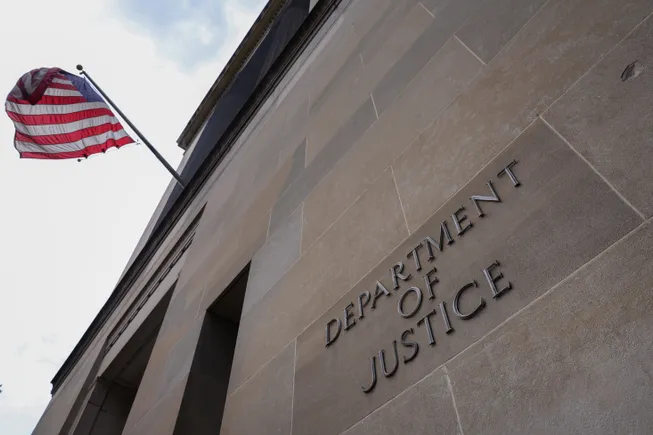Dive Brief:
- The Department of Justice agrees that Claritev, formerly known as MultiPlan, conspired with health insurers to underpay doctors for medical care, according to a statement of interest filed by antitrust regulators on Wednesday in the consolidated lawsuit from providers against the cost management firm.
- Lawyers for the providers said the DOJ’s position affirms the validity of their case, while Claritev reiterated that it believes the lawsuits are without merit.
- The DOJ’s interest in the case signals antitrust regulators, including in the Trump administration, are still closely scrutinizing exchanges of potentially sensitive information between companies, along with their use of pricing algorithms.
Dive Insight:
More than two dozen lawsuits have been filed against Claritev to date, including from the American Medical Association, Florida-based system AdventHealth, Louisiana-based system Allegiance Health Management and Community Health Systems, one of the largest hospital operators in the country.
The suits, which were centralized in the Northern District of Illinois last year, accuse Claritev of working with the nation’s largest health insurers, including UnitedHealth and Cigna, to create a multifaceted conspiracy that stifled competition for out-of-network services and caused provider reimbursement to flatline.
Claritev did so by using an algorithm-based tool to recommend out-of-network payment rates for insurers, structured in a way that incentivized Claritev to recommend lower payments, according to the suits. The AMA called the arrangement a “smokescreen for traditional price-fixing” in its complaint.
The DOJ agrees.
“Competitors’ use of algorithmic technologies to coordinate their decision-making poses a growing threat to the free market competition on which our economic system is premised,” the DOJ wrote in its statement of interest.
According to antitrust regulators, Claritev’s actions violated antitrust law because — despite Claritev’s arguments to the contrary — using a common pricing algorithm does qualify as concerted action, even if payers used that algorithm in different ways to determine pricing.
In addition, competitors exchanging sensitive information still violates the law even if that information was exchanged through a third party, the DOJ said.
Christopher Seeger, a founding partner of law firm Seeger Weiss and the coordinating attorney in the consolidated suit, said the statement of interest upholds providers’ case against Claritev.
“The practical impact of this healthcare pricing cartel is devastating to the providers our communities rely on,” Seeger said in a statement shared with Healthcare Dive. “We look forward to holding the defendants accountable.”
A spokesperson for Claritev said that the DOJ’s statement does not change the company’s position on the case.
“We’ve been clear that these lawsuits are without merit and would ultimately increase prices for patients and employers. We’ll continue to defend ourselves through the legal process,” they said.
Filing a statement of interest is a step below the government intervening directly in a case. The point is to provide the court with the government’s perspective of a legal issue to help as it considers the litigation. They’re not incredibly common: the DOJ’s antitrust division filed an average of 7 such statements each year over the past five years.
The DOJ has been making the case that the joint use of algorithms can be anticompetitive for a while now.
Along with filing amicus briefs and statements of interest, the department is currently litigating two civil cases challenging information sharing arrangements: one against consulting company Agri Stats for allegedly helping meat processors exchange sensitive information, and one against software provider RealPage for allegedly letting competing landlords swap sensitive information through its revenue management platform.








